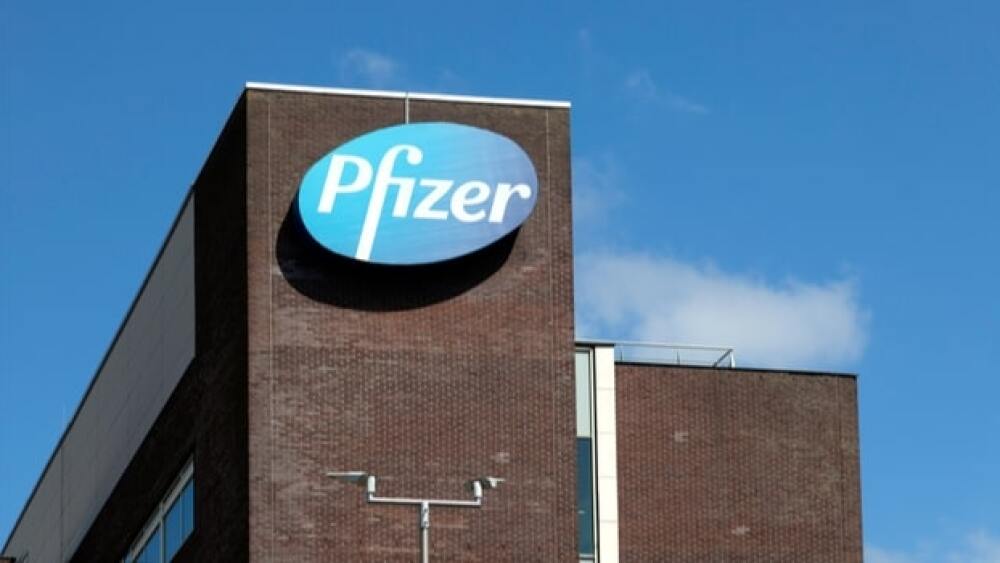Pfizer says it will open the first U.S. sites in its Phase III study evaluating its investigational mini-dystrophin gene therapy in ambulatory patients with Duchenne muscular dystrophy (DMD).
Courtesy of Repelsteeltje/Getty Images
Pfizer announced it will open the first U.S. sites in its Phase III study evaluating the investigational mini-dystrophin gene therapy, fordadistrogene movaparvovec, in ambulatory patients with Duchenne muscular dystrophy (DMD).
The company announcement comes four months after the unexpected death of a patient during Pfizer’s screening and dosing of a Phase Ib study, which was paused as a result.
Thursday, the U.S. Food and Drug Administration lifted its clinical hold on the Investigational New Drug (IND) application for fordadistrogene movaparvovec. Pfizer has addressed the agency’s requests related to the potency assay.
The protocol amendments include a seven-day hospitalization period to enable close monitoring and management of patients following the administration of gene therapy.
The global Phase III study, Ciffreo, has been ongoing in 11 countries, with regulatory authorities in the United Kingdom, Canada, Taiwan, Spain and Belgium approving the re-start of the Phase III study. Additional global reviews are ongoing.
Pfizer said it expects to have nearly all the Ciffreo sites open by the end of June.
Duchenne muscular dystrophy is an X-linked disease that is caused by mutations in the gene encoding dystrophin, which is a protein needed by the muscles for stability. Dystrophin normally protects muscle fibers from breaking down. With a lack of dystrophin, the muscles in those with DMD, which typically affects boys, will begin to degenerate. The disease often shortens the lives of patients. Around 15,000 U.S. patients are affected by Duchenne, with about 300,000 patients worldwide.
“Duchenne muscular dystrophy is a devastating disease with very limited treatment options, and we believe that gene therapy has the potential to significantly impact disease progression,” Brenda Cooperstone, chief development officer of Pfizer’s rare disease global product development, said.
“Pfizer is pleased to progress Ciffreo and is working as quickly as possible to activate trial sites as local regulatory and ethics approvals occur. We thank the participants in our clinical trials and their families, as well as the broader Duchenne community, for their ongoing trust and collaboration as we work to advance our investigational gene therapy,” Cooperstone added.
Data from the Phase Ib study of PF-06939926 in ambulatory for boys with DMD showed the gene therapy displayed durable and statistically significant improvements in multiple efficacy endpoints measured 12 months following infusion.
There were three serious adverse events during the Phase Ib study, two that appeared to be immune reactions related to complement activation. They were severe, but all three events were fully resolved within two weeks.
In October 2020, PF-06939926 received Fast Track designation from the FDA. The experimental gene therapy has also received Orphan Drug and Rare Pediatric Disease designations from the agency.
DMD was first described in the 1860s by French neurologist Guillaume Benjamin Amand Duchenne, but it took until the 1980s to understand the cause of any muscular dystrophy.
Until recently, boys with DMD did not have a survival rate beyond their teen years. Now, life expectancy into their 30s is more common due to improvements in cardiac and respiratory care.





